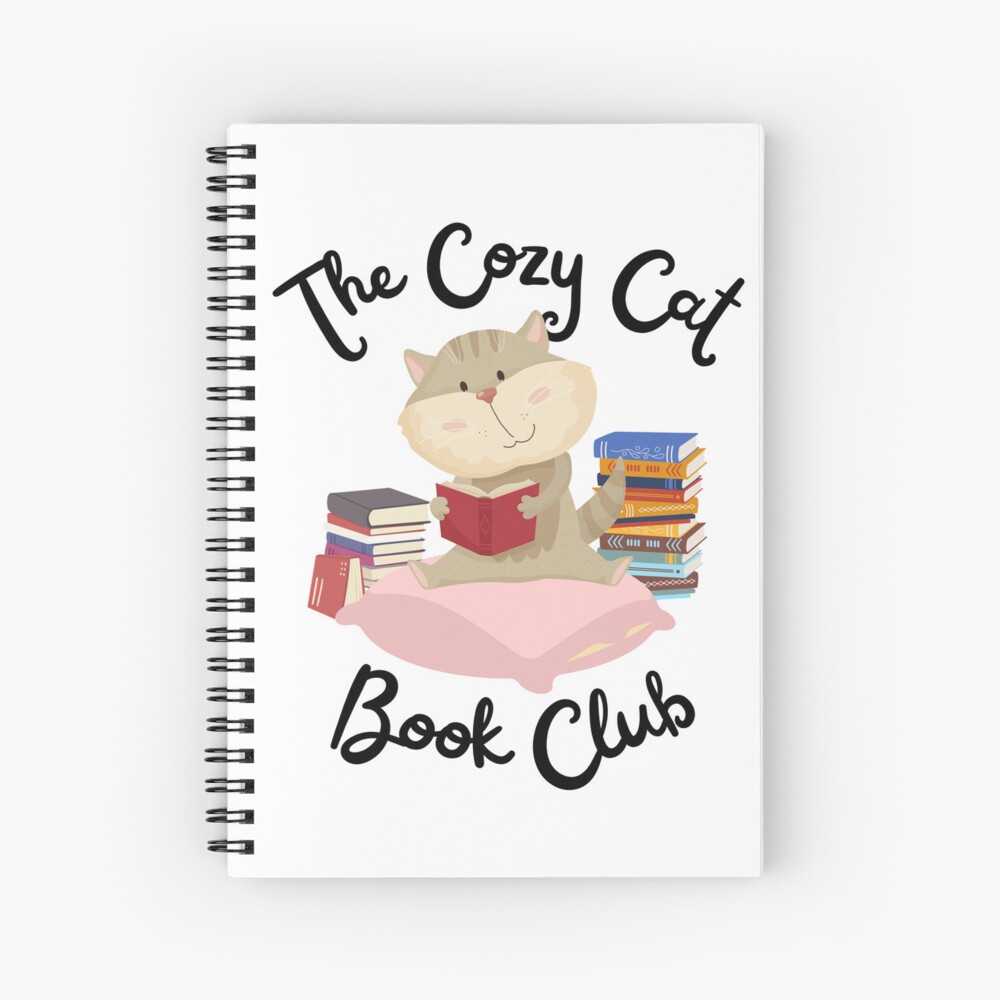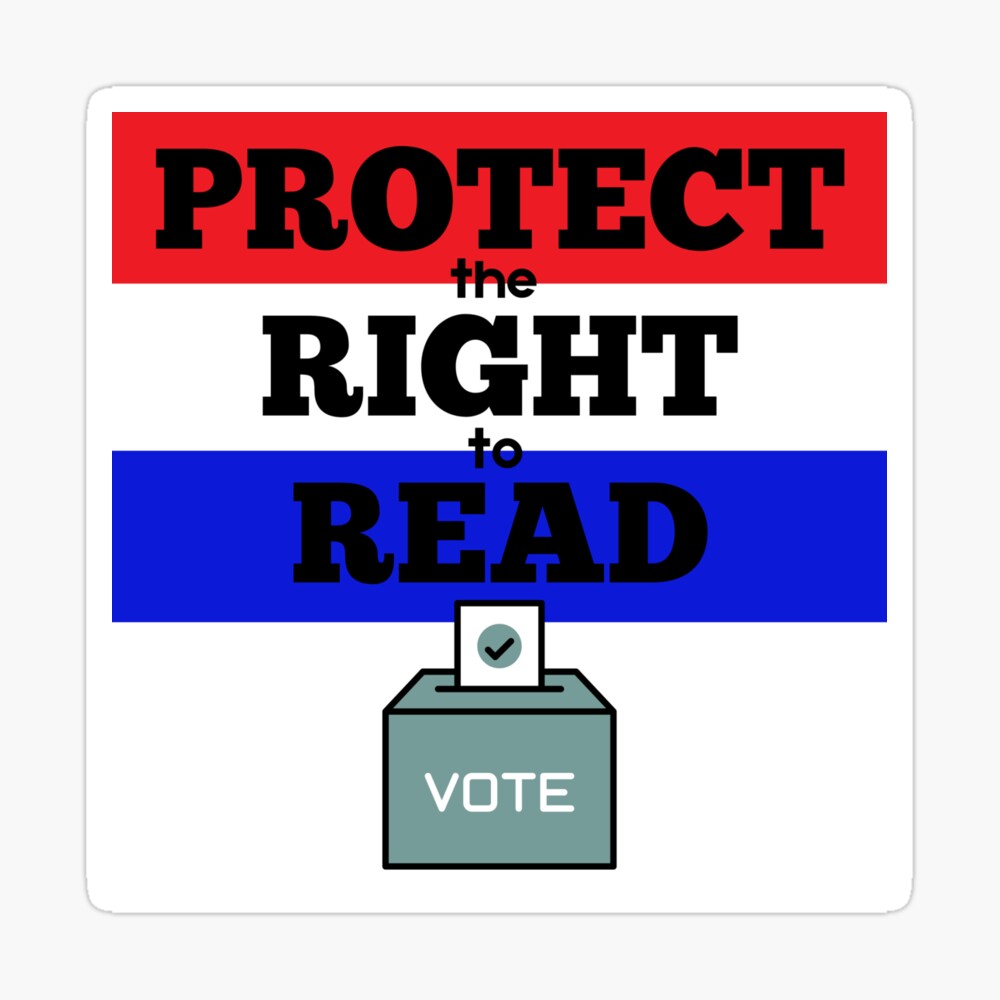Revision update: I got some good stuff done on Saturday, but nothing Sunday, and nothing yet today. Uh oh.
I am still working on my beginning, the first eight chapters, which essentially makes up most of act one. Beginnings are very important, from the crucial first sentence, first paragraph and first page that must draw the reader in, through to the first few chapters that must hook a reader enough to make them not want to put the book down.
On Saturday morning, I was re-reading my first page for the umpteenth time, trying to decide if it did for me what first pages in recent bestsellers do for readers. I decided to do an experiment, and I went through my shelves reading the first pages of all the books that I have in my genre. This is invaluable, I believe. These are books that publishers have invested in, and the bestsellers are books readers are enjoying. These books are the standard we all should be writing toward.
Reading those first pages, I could pick out the elements each one had, emotion, character, setting, theme, tone for the book, etc., and how they were shown or told. Some had a sense of foreboding, of things to come, some just made you interested in the character.
For example, in Suzanne Collins’ Gregor the Overlander, we know Gregor is frustrated and bored, but not just that, so frustrated and bored that he “resisted the impulse to let out a primal caveman scream. It was building up in the chest, that long gutteral howl reserved for real emergencies.” That’s great showing. Collins also tells us there’s heat, that Gregor is banging his head on a screen, so probably a screened in window or door, and that it’s the beginning of summer.
With Rick Riordan’s The Lightning Thief, things are told more, but that’s mainly because the book is written in first-person narrative; you’re not just in the character’s head seeing things from his point of view, he’s telling you the story of his life so far. In this first page, he tells us that he recently learned something about himself and that if we think we might be the same, we should put the book down, because it’s dangerous. He tells us his name and age and that he has been expelled from school.
After reading these and others, I went back to my first page and identified the elements. I could quickly see what I was lacking and figured out how to remedy it.
Beginnings are the first impression for agents and editors and future readers. They’re so important. They set up the rest of the book. And if you don’t believe me, try Richard Castle, the fictional mystery novelist star in ABC’s show Castle, which I LOVE, by the way. Nathan Fillion is great. Anyway, as Castle says: “When I’m writing a story, the beginning is always the hardest, but if you can nail that, the rest of it will just fall into place.” (Watch the Kill the Messenger episode here; the line is around the15-minute mark.)
I don’t know about the rest of the book writing itself, but Castle’s right about beginnings being hardest.
This morning, I was catching up on blog reading and saw that writer Anita Nolan has beginnings on her brain right now too. She has just started a series of posts on beginnings. I’ll be keeping an eye on those.
How do you work on your beginning?
Write On!







2 Responses
Beginnings are tough. In the coming days on my blog I’ll have examples of different types of beginnings, the types of books they might work well in, and some examples. Glad you like my postings!
anita
Yeah, Anita. I’m looking forward to the rest of the posts.